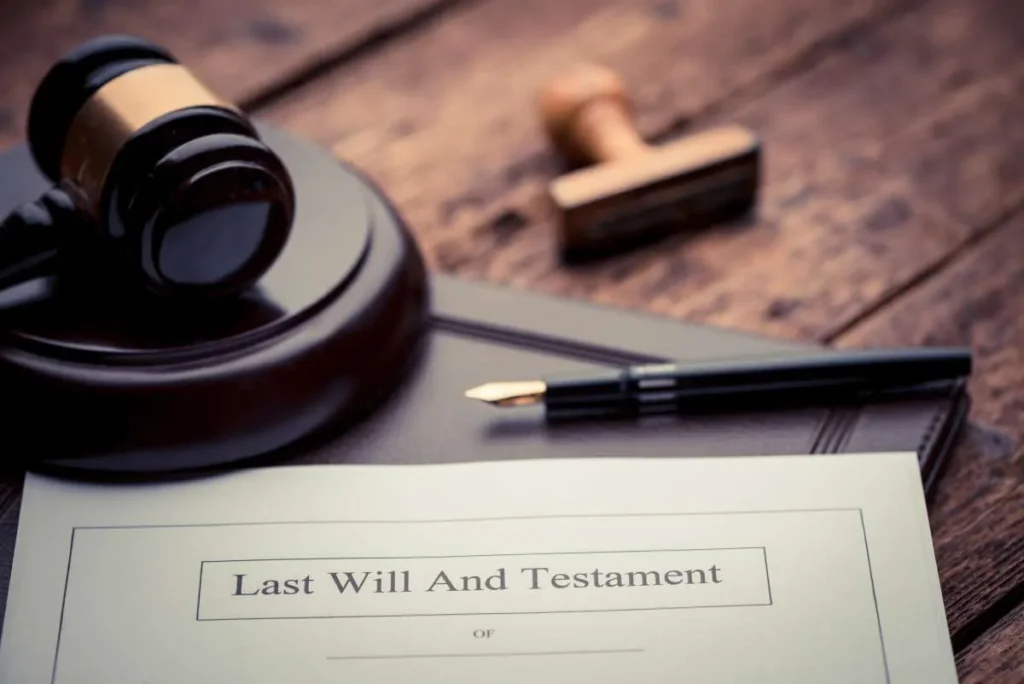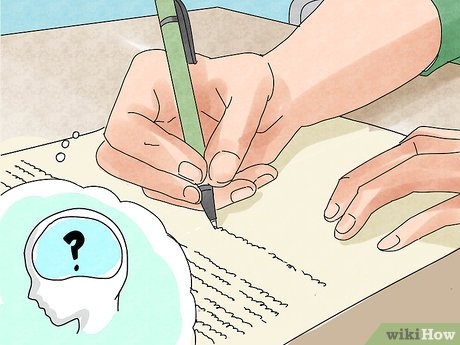If you’re wondering what happens after probate is closed in Texas, you’re likely nearing the end of what has probably been a long and emotionally draining process. Probate—the legal procedure to validate a will and administer an estate—is rarely quick or easy. But what surprises many families is that closing probate doesn’t mean you’re done with everything. Not quite yet. In Texas, several important steps still follow even after a court signs off and declares the probate process closed.
So, what exactly happens next? In this in-depth guide, we’ll explore final distributions, lingering responsibilities, creditor considerations, tax implications, and long-term record keeping. You’ll also hear real-life stories that show why understanding what happens after probate is closed in Texas matters more than you might think.
Let’s start with a common assumption: that the judge’s signature marks the finish line. It doesn’t. It just signals that you’re entering the final phase.

Final Distribution of the Estate: What It Really Means
After probate is closed in Texas, the estate’s executor or administrator is expected to distribute the remaining assets to the rightful heirs and beneficiaries, as dictated by the will or, in cases of intestacy, by Texas inheritance laws. But don’t mistake this for a simple hand-off.
Distribution Requires Formal Accounting
Before anything can be distributed, the executor must present a final accounting—a detailed report of everything that came into and went out of the estate. This includes:
- Bank balances
- Asset sales
- Payment of debts
- Funeral expenses
- Court and attorney fees
This final accounting gives beneficiaries a chance to object if they believe mismanagement occurred. It also protects the executor from future liability.
Real-Life Scenario: A Farm Divided
Take the case of the Medina family near San Antonio. After their father’s passing, probate took nearly a year. When it was closed, the will directed the family farm to be divided among the four adult children. But two wanted to keep it running, while the other two wanted cash.
The executor had to arrange a buyout, transfer deed ownership, and file the final accounting before the distributions could be made. Probate was officially closed in March—but the actual property transfer happened four months later.
This delay isn’t unusual. Even after probate is closed, distribution can take time, depending on the complexity of the assets.
Legal Obligations Don’t Vanish Overnight
So what happens after probate is closed in Texas if you’re the executor? The answer: you’re not entirely off the hook.
Liability Still Lingers
Executors can be held liable if they distributed assets improperly or failed to resolve claims properly. Even after probate is closed, beneficiaries or creditors can sometimes bring claims—especially if new information comes to light.
This is why maintaining good records and clear communication is so important. As executor, you should hold onto financial records, communications with beneficiaries, and signed receipts of distributions for at least four years.
Taxes May Still Be Owed
Probate closing doesn’t always mean tax season is over. The estate might still need to:
- File a final IRS Form 1041 (estate income tax return)
- Resolve any lingering property tax issues
- Submit final personal tax returns on behalf of the deceased

If these weren’t already filed before probate closed, they still need to be done. And if the executor didn’t hold back enough from the estate to cover them, they could be personally responsible.
Title Transfers and Deeds: The Quiet Work After Closing
One major area people forget when asking what happens after probate is closed in Texas is title transfers. Many assets—especially real estate—require formal title changes, even if probate has ended.
Transferring Real Property
Let’s say the will left a home to a daughter. Just because the court closed probate doesn’t mean she automatically owns the property outright. The executor must file a new deed transfer with the county clerk. Without that, the property might still legally belong to the estate.
This step is often overlooked, and years later, it can create serious legal headaches when someone tries to sell or refinance the property.
Banking and Financial Accounts
For bank accounts, retirement funds, and investment portfolios, the executor must work with the institutions to release the assets. That typically requires:
- Certified letters of testamentary
- Final decree of distribution
- Signed beneficiary receipts
This means that even after probate is closed, you might still be spending weeks—if not months—handling financial logistics.
What Happens to Remaining Debts or Unknown Creditors?
Another overlooked area when considering what happens after probate is closed in Texas is what happens if new debts appear.
The Four-Year Claim Rule
In Texas, creditors typically have four years from the date of death to bring claims against the estate. If probate has closed and a new claim surfaces, the burden may fall on the executor to address it, especially if they failed to provide proper notice during probate.
That’s why executors must:
- Publish creditor notices in local newspapers
- Mail direct notices to known creditors
- Wait for claims periods to pass before distribution
Failing to do so doesn’t just risk delaying final distribution—it canreopen probate.
The Role of Muniment of Title After Probate Is Closed
Some families in Texas use a streamlined process called Muniment of Title—particularly when the estate has no debts. But what happens after probate is closed under this method?
It’s Still Not Automatic
Even though Muniment avoids full probate, you still have to record the court’s order in the county’s deed records. That’s how property legally changes hands. Skipping this can result in title problems years down the road.
Real-World Example: The Missing Filing
In a Harris County case, a man’s heirs used Muniment to inherit his home. They thought everything was done. Ten years later, they tried to sell the home, only to discover the court order had never been filed with the county clerk. That oversight led to a legal scramble—and almost cost them the sale.
So yes, even streamlined probate methods require post-closing diligence.
Estate Record Keeping: Your Long-Term Responsibilities
When probate is closed, it’s tempting to toss all those folders and spreadsheets. Don’t.
How Long Should You Keep Probate Records?
In Texas, it’s best practice to keep records for at least four to seven years after probate closes. This includes:
- The final inventory
- Receipts of distributions
- Court filings
- Tax documents
- Notices to creditors
Why so long? Because if the IRS audits the estate or a beneficiary raises questions, you’ll need documentation to protect yourself.
Digital Backups Matter Too
Scan key documents and store them in secure cloud storage or encrypted drives. A paper trail only works if it’s accessible when you need it.

What Happens After Probate Is Closed in Texas for Beneficiaries?
Beneficiaries often assume that once probate is over, their role is complete. But they, too, should take steps after probate is closed.
Confirm Title Transfers
If you inherited a car, real estate, or business interest, check that ownership has legally been updated. Just receiving keys or access doesn’t mean the law sees you as the owner.
Make sure deeds, titles, and registration documents are officially recorded under your name with the appropriate agencies.
Check for Tax Responsibilities
In some cases, inherited assets generate income—like rental properties or interest-bearing accounts. If you’re a beneficiary, you may need to report and pay taxes on that income moving forward.
Consulting a tax professional can help ensure you comply with IRS and Texas tax regulations specific to inherited assets.
Keep Documentation
Hold onto your distribution statement and any correspondence with the executor. These papers can help later, especially if questions arise about asset value or conditions tied to the inheritance.
Good record keeping also helps in case you need to prove the nature of the inheritance for future financial or legal matters.
Can Probate Be Reopened After It’s Closed?
Short answer: yes, under specific circumstances.
When Can It Be Reopened?
- A new will is discovered
- An asset was left out of the inventory
- A legal error occurred during the original proceeding
- Fraud or undue influence is uncovered
In these cases, the court may allow probate to be reopened and possibly reassign assets or remove the executor.
Why It’s Rare—But Serious
Reopening probate is time-consuming and expensive. But it does happen. That’s why careful administration—and strong record keeping—is so important even after you think the job is done.

Final Thoughts: What Happens After Probate Is Closed in Texas?
When asking what happens after probate is closed in Texas, most people expect a simple answer. But as you’ve seen, there’s a lot more to the story.
Closing probate doesn’t mean the end of your responsibilities. It marks a transition—from court involvement to finalizing distributions, protecting records, managing tax duties, and ensuring the decedent’s legacy is honored. The smoother you handle these final steps, the less likely you are to face complications later.
Whether you’re an executor, heir, or just someone trying to understand Texas probate law, this is the moment where details matter. Because in probate—especially after it’s closed—it’s what happens quietly, behind the scenes, that determines whether peace or problems follow.









